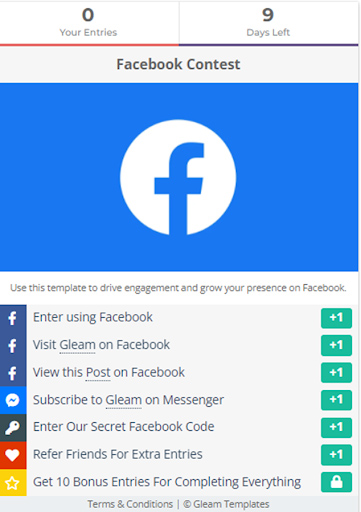The e-commerce industry went through a dramatic increase over the last two years. According to Statista, the global e-commerce sales of 3.35 trillion USD from 2019 grew up to 4.93 trillion USD in 2021 and are expected to reach 5.54 trillion USD by the end of this year.
This increase in global e-commerce sales is possible due to a change in customer behavior. Since more and more people shop for their needs online, companies have turned to e-commerce so their businesses can stay afloat and survive.
The problem, however, is that the competition to draw customers and nudge them to make a purchase becomes fiercer. The only way for your e-commerce business to stand out against your competitors is to implement effective e-commerce SEO strategies to increase your e-commerce website traffic.
7 Ways to Increase Ecommerce Website Traffic
1. Create Referral Programmes
Even though referring something to someone is nothing new, this marketing strategy still works. If your e-commerce marketing strategy does not include a referral program, you should create one right away.
A study from Niesen stated that 84% of consumers consider recommendations from the people they know before making a purchase. If one of those people is already your customer, there is a high probability they will refer you to their family and friends, especially if you can reward them for their effort.
For example, if your e-commerce business in Singapore is a cake shop, you could use a referral program that offers 20 to 30% off for specific products after customers give a successful referral. This can be done by offering unique referral codes to each customer.
2. Draw Traffic with Email Marketing
In the world of TikTok and Instagram Reels, sending emails to potential customers might seem like an outdated way to draw traffic to an e-commerce website. But in reality, email marketing is still a valuable marketing strategy since the global email marketing market is valued at 7.5 billion in 2020.
The Statista Research Department even forecasted that this figure will increase to 17.9 billion by 2027. It is not surprising with the growing number of email users.
Effective email marketing allows you to interact, connect, and communicate, be it sending emails to new or existing customers, and a successful one can nudge them to take action.
Here is a breakdown of effective email marketing.
Engaging subject lines
Compelling CTA
Concise and easy to read written content
Unique promotion offer
Add visuals
3. Watch Your Loading Speed
If your e-commerce website takes longer than three seconds to load, your potential customers are highly likely to leave your website and choose another similar business instead.
To prevent a high bounce rate, you should improve your e-commerce website’s loading speed. Guarantee all the e-commerce website design features it has will load and appear from one to three seconds.
Listed below are the tools you can use to know the status of your e-commerce website’s loading speed:
WebPageTest
MobiReady
ThinkWithGoogle
4. Run Paid Social Media Ads
Apart from running paid campaigns on social media, there is no other best way to increase traffic to your e-commerce website. With the continuous growth of social media users worldwide, you can expand your reach and strengthen your online presence by reaching potential customers for your e-commerce business.
To effectively run paid social media ads, here are the things you need to consider.
Social media platforms (e.g. Facebook, Twitter, YouTube, Instagram)
Recommended image sizes (e.g. Facebook messenger story is 1080 by 1920 pixels)
Minimum and maximum character count. (e.g. maximum character count 280 per tweet on Twitter)
Social media ad formats (e.g. still image, gif, or video)
5. Drive Excitement with Contests and Giveaways
While the ways to increase e-commerce website traffic mentioned above are for a long-term solution, there is another way for instant traffic, lead generation, and conversions.
All of those can happen by offering exciting prizes to your potential customers in exchange for their involvement in your contest or e-commerce giveaway campaign in Singapore.
To efficiently monitor the participation of your customers, you may use tools like Gleam or WooBox that can help you keep track of how they interact with your contest or e-commerce giveaway campaign, including their progress.

An example of a Facebook giveaway campaign by Gleam
6. Use Big and Clear Images
Since potential customers cannot see or feel the product in person, they will need something substantial to convince them to purchase. That is where images come in.
An image can speak a thousand words, and that can make or break your e-commerce business. That is why you should use big and clear images, so your potential customers will know exactly what they are about to buy.
And to further convince them, you should include a detailed description of what the product is. Make sure to mention its size, material, colors available, and other relevant information.
7. Be Clear and Upfront
Transparency works best in the e-commerce industry. If your product provides free delivery, remember to mention that. If delivery charges apply, you should include that in the shopping cart details so your customers will know.
Giving your customers a heads up will prevent them from feeling misled once they have checked out the product from your e-commerce website.
Besides that, you should also remember to make your out-of-stock items visible to your visitors. Being transparent and upfront about what you can offer them will help in their search and buying process ahead of time.


